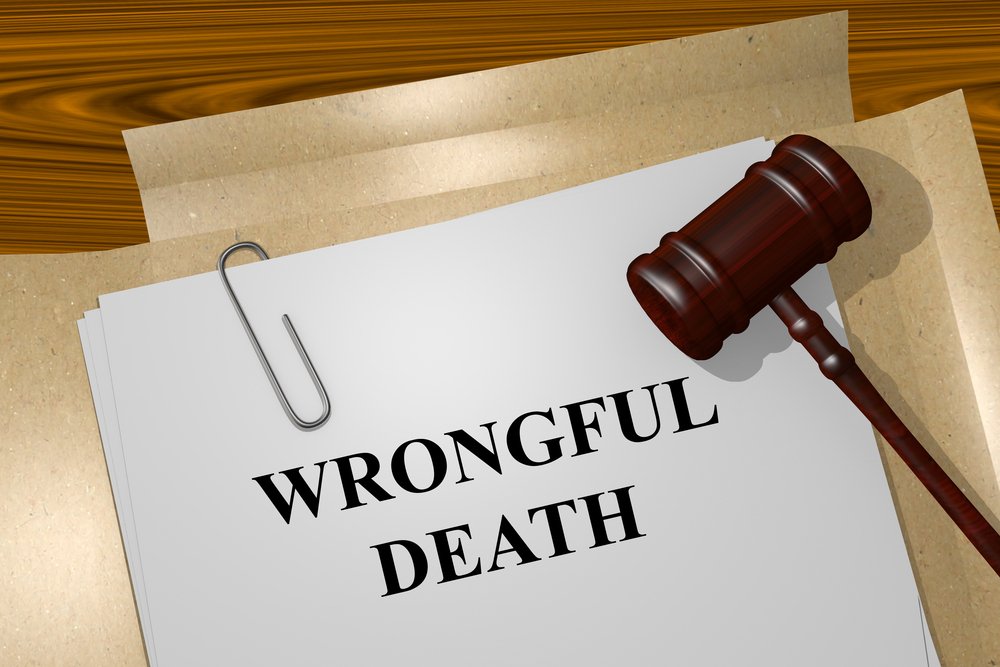The loss of a loved one is always painful, but when it happens due to someone else’s negligence or intentional actions, it can be even more devastating. Wrongful death cases arise when a person’s death is caused by the wrongful act, neglect, or default of another. These cases can involve car accidents, medical malpractice, workplace incidents, or defective products. Understanding your rights and the legal process is crucial in such situations, and a compensation lawyer can provide the necessary guidance and support.
The Role of Compensation Lawyers in Wrongful Death Cases
Compensation lawyers, also known as personal injury lawyers, specialize in cases where individuals seek financial recovery for injuries or losses caused by another party. In wrongful death cases, these lawyers help the deceased’s family members or estate representatives to pursue claims for compensation. Their role includes:
- Investigating the incident: Gathering evidence to establish the cause of death and identify the responsible parties.
- Calculating damages: Assessing the financial impact of the death, including medical expenses, funeral costs, lost income, and emotional suffering.
- Filing claims: Preparing and submitting legal documents to initiate a lawsuit or insurance claim.
- Negotiating settlements: Engaging in discussions with insurance companies or opposing parties to reach a fair settlement.
- Representing in court: Advocating for the family in court if the case goes to trial.
Steps to Take After a Wrongful Death
If you believe your loved one died due to someone else’s actions, it’s essential to act promptly. Here are some steps to consider:
- Contact a compensation lawyer: Seek legal advice as soon as possible to understand your rights and options.
- Preserve evidence: Keep records of medical treatments, accident reports, and any communication related to the incident.
- Identify potential witnesses: Collect contact information for anyone who may have witnessed the event or has relevant information.
- Document your losses: Keep a detailed record of financial and emotional impacts resulting from the death.
- Follow legal deadlines: Be aware of the statute of limitations for filing wrongful death claims in your jurisdiction.
Types of Compensation in Wrongful Death Cases
Compensation in wrongful death cases aims to address both economic and non-economic losses. Economic damages may include:
- Medical expenses: Costs incurred for medical treatment prior to the death.
- Funeral and burial costs: Expenses related to the funeral service and burial.
- Loss of income: Future earnings the deceased would have provided.
- Loss of benefits: Loss of pension, health insurance, or other benefits.
Non-economic damages are more subjective and may cover:
- Pain and suffering: Emotional distress experienced by the family.
- Loss of companionship: The impact on relationships and the family’s emotional well-being.
- Loss of guidance: The absence of parental or spousal support and guidance.
Proving a Wrongful Death Case
To succeed in a wrongful death claim, the plaintiff must prove several key elements:
- Duty of care: Establish that the defendant owed a duty of care to the deceased.
- Breach of duty: Show that the defendant breached this duty through negligent or intentional actions.
- Causation: Demonstrate that the breach of duty directly caused the death.
- Damages: Provide evidence of the financial and emotional losses suffered by the family.
Common Challenges in Wrongful Death Cases
Wrongful death cases can be complex and challenging. Some common obstacles include:
- Proving negligence: Establishing the defendant’s negligence or intent can be difficult, especially if the evidence is not clear-cut.
- Calculating damages: Assessing the full extent of economic and non-economic losses requires careful analysis and expert testimony.
- Dealing with insurance companies: Insurance companies often try to minimize payouts, making negotiations challenging.
- Emotional strain: The emotional toll on the family can complicate the legal process, making it harder to stay focused and organized.
The Importance of Choosing the Right Lawyer
Selecting the right compensation lawyer is crucial for the success of your wrongful death case. Consider the following factors when making your choice:
- Experience and expertise: Look for a lawyer with a proven track record in wrongful death cases and a deep understanding of the relevant laws.
- Reputation: Research the lawyer’s reputation through client reviews, peer endorsements, and professional ratings.
- Communication: Ensure the lawyer communicates clearly and regularly, keeping you informed about the progress of your case.
- Compassion: Choose a lawyer who shows empathy and understanding, recognizing the emotional impact of your loss.
- Resources: Consider whether the lawyer has access to the necessary resources, such as medical experts and investigators, to build a strong case.
Losing a loved one to wrongful death is a traumatic experience, but pursuing a compensation claim can help provide financial stability and a sense of justice. Understanding the role of compensation lawyers, the steps to take after a wrongful death, and the challenges involved can empower you to make informed decisions during this difficult time. By choosing the right lawyer and staying proactive, you can navigate the legal process more effectively and secure the compensation you deserve.
4o

